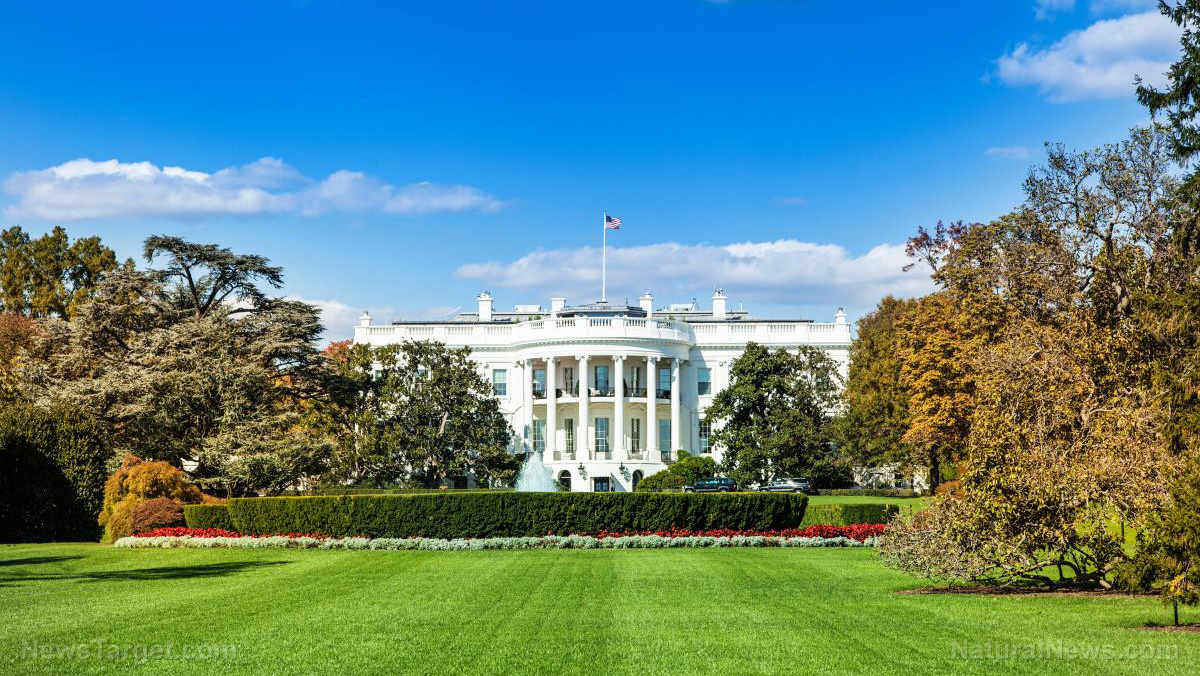The Berkeley Files: Faculty applicants were ranked on their support for DEI policies and practices
06/19/2023 / By News Editors

After years of resisting demands under the Public Records Act (including alleged violations), UC Berkeley has finally turned over documents to the Foundation for Individual Rights in Education (FIRE) on its hiring criteria. The files show that Berkeley has been grading faculty on their commitment to DEI, including viewpoints that should be protected by free speech or academic privileges.
(Article by Jonathan Turley republished from JonathanTurley.org)
In 2018, Berkeley’s life sciences departments launched an initiative to advance faculty diversity that included requiring candidates to submit statements on their “contributions to diversity, equity and inclusion,” including information about their “understanding of these topics,” “record of activities to date,” and “specific plans and goals for advancing equity and inclusion.”
I have no problem with candidates being asked about diversity values and other university priorities. Indeed, I believe that candidates should be asked about their tolerance for opposing views and commitment to free speech. Diversity, free speech, and other values are important elements for higher education.
However, Berkeley went beyond that inquiry and graded candidates on their espousing specific viewpoints that many academics may disagree with for intellectual or ideological reasons.
The long withheld documents indicate that candidates would be given lower scores if they “discount the importance of diversity.” The concern is not that candidates should support the principle of diversity, but whether they were expected to support specific practices that some view as inimical to higher education or racial and gender diversity goals.
The scoring document mandates lower scores for those who do not “feel any personal responsibility for helping to eliminate barriers. For example, may state that it’s better not to have outreach or affinity groups aimed at underrepresented individuals because it keeps them separate from everyone else, or will make them feel less valued.”
The concern is that the rubric could be used to enforce an ideological litmus test. Faculty may favor diversity on a faculty but still have qualms about specific approaches that separate or segregate faculty. My greatest concern with the rubric is that it offers no express accommodation or consideration for possible ideological or intellectual disagreement with DEI priorities or practices.
We have discussed controversies involving faculty who oppose special accommodations of faculty in terms of benefits or advancement.
For example, it is likely that Princeton professor Joshua Katz would be marked down on this rubric. Katz drew the ire of faculty and students by questioning a proposed anti-racism program of benefits for minority faculty. Princeton President Christopher Eisgruber called on the university board to fire Katz in a move being denounced as a transparent effort to circumvent free speech and academic freedom protections over his prior public stance. (Eisgruber has also been criticized for his tepid support for free speech at Princeton).
The Berkeley rubric requires candidates to voice and demonstrate commitments to DEI measures that some may find personally or intellectually problematic. For example, affinity groups have long raised concern that universities are effectively recreating segregated spaces and rolling back on efforts from the 1960s to remove racial and other classifications from university life. That is now considered reactionary by many today, but a candidate could have legitimate non-racist, non-sexist objections to creating programs separating faculty or students by race or gender.
There is an interesting comparison to the Harvard and North Carolina cases before the Supreme Court on affirmative action in college admissions. We are awaiting the opinions in those cases. However, the schools were accused of using different rubrics for interviews with student applicants to conceal the use of race. Asian students were allegedly given lower scores on personality considerations that lowered their admission rates.
The use of such rubrics can create subtle preferences on the basis of ideological or other considerations. That is why the long refusal of Berkeley to turn over these documents is a concern. Harvard and North Carolina were also accused of such delay and obstruction. Here, Berkeley made the decision to obstruct the legitimate document request of FIRE for years as it employed this rubric to select faculty members. That should be a matter for separate inquiry but it is doubtful that there will be action from the California legislature.
Read more at: JonathanTurley.org
Submit a correction >>
Tagged Under:
Berkeley, Berkeley Files, biased, campus insanity, conspiracy, DEI, education system, fascism, identity politics, political correctness, propaganda, public education, rigged, social justice, Tyranny, woke mob, wokies
This article may contain statements that reflect the opinion of the author
RECENT NEWS & ARTICLES
COPYRIGHT © 2017 PROPAGANDA NEWS




















